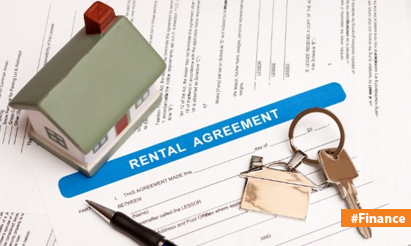How will Rent Courts resolve tenant-landlord disagreements?
According to the Act, each Union Territory and State (UT/State) government in the UT may choose to represent any number of Rent Courts in the relevant geographic area. If a Rent Court currently exists in a UT or State under another law, the same could be designated as a Rent Court under the MTA as of 2021. If there is no longer a court of this sort in a given location, then any other court established following other laws may be treated as a rent court for purposes of the Tenancy Act. If a UT/State establishes more Rent Courts in a given area, the relevant authorities may also furthermore challenge a specific decision to change the distribution of commercial
Participants and a Presiding Officer must be appointed by the interested UT/State authorities after proper consultation with the High Court in a Rent Court. The Presiding Officer or a Member of a Rent Court may only be appointed by a member of the State’s Higher Judicial Service. After receiving permission from the concerned UT/State authorities, working with the High Court for the same issue, the presiding officer of a chosen Rent Court may also fulfill the duties of the presiding officer of every other such Court.
What are the powers and procedures of a Rent Court?
A Rent Court shall have the authority to hear and resolve a case involving conflicts between a tenant and an owner over an apartment. The former could exercise its authority under the MTA of 2021 with the same authority granted to a civil court by the Code of Civil Procedure of 1908. The Rent Court will not have jurisdiction over issues involving questions of possession or the identity of the premises. Within 30 days after receiving the case application, a Rent Court must hear the case and provide a decision. If this is not done, the relevant Court will be required to submit the justifications for the equality, in writing.
The party dissatisfied with the most recent order issued by the Rent Court may make a complaint to the relevant Rent Tribunal. This appeal must be submitted within 30 days of asserting the case’s belief. The aforementioned Tribunal will be required to change the date and postpone the attraction within 30 days and 120 days, respectively, following receipt of the aforementioned attraction. The Rent Tribunal has the authority to overturn, uphold, or modify the last order that was issued employing a Rent Court.
How will the final order be carried out?
A Rent Court shall use one or more of the following modalities to carry out a final order following the completion of all hearings for an application:
- The character whose choice was made will be given possession (with no identity change) of the relevant premises.
- One or more of the person’s bank statements with a statement of the amount owed must be attached to the person for whom the choice has been made.
- The nomination of a lawyer or any other qualified individual from the local government, a neighborhood organization, or the Rent Court itself will be made to oversee the execution of the aforementioned Court’s most recent order.
Disclaimer: The views expressed above are for informational purposes only based on industry reports and related news stories. PropertyPistol does not guarantee the accuracy, completeness, or reliability of the information and shall not be held responsible for any action taken based on the published information.




